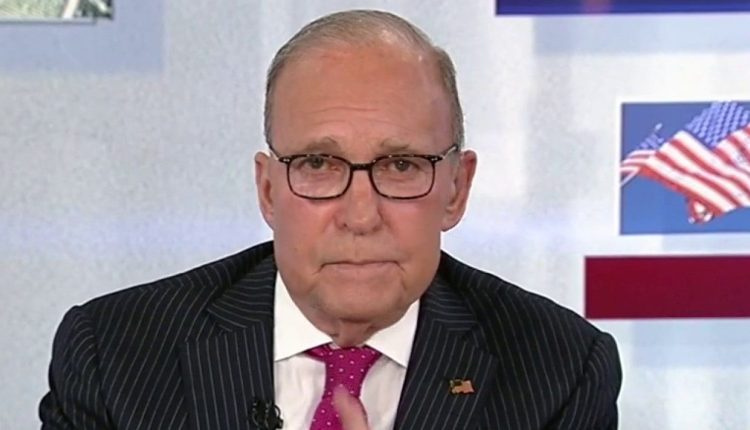Everyone should read WSJ columnist, and former George W. Bush speechwriter William McGurn’s piece called “Time for Zombie Reaganomics.” McGurn calls it “zombie Reaganism” because people think the Gipper’s free-market pro-capitalist low-tax deregulation policies are hopelessly out of sync with modern thinking.
Of course, people who make that case are mostly part of the new socialism practice by today’s Democratic Party. It wasn’t always so for the Democrats. John F. Kennedy slashed tax rates (I wrote a book on the subject.) and Ronald Reagan always promoted the JFK tax cuts when he himself slashed tax cuts in the 80s, bringing the top income tax rate down from 70% to 28%. Incidentally, Biden voted for the Reagan tax cuts when he was a senator. (Just saying!) The economy boomed in the 1980s.
Between ’82 and ’88 the GDP growth rate was 5.4% at an annual rate. It also boomed in the 60s — growing at an annual rate of 5.8% between ’62 and ’68 — and it’s no coincidence that tax cuts were central to the rising tide of prosperity in both eras. Bill McGurn finds a great quote, which I will repeat and read: “Why is it inflationary if you keep more of your earnings and spend them the way you want to, but it isn’t inflationary if [the president] takes them and spends them the way he wants to?” That is Reagan saying it about Carter. Here’s President Reagan saying it himself:
US CONSUMER CONFIDENCE DROPS FOR SECOND STRAIGHT MONTH, RECESSION FEARS RISE
RONALD REAGAN: “Why is it inflationary if you keep more of your earnings and spend them the way you want to, but it isn’t inflationary if he takes them and spends them the way he wants to?”
Spot on, Mr. Gipper. Of course, I’m proud to be an alumnus of the Reagan administration when I was a young man and of course I have stayed with Reagan’s free-market supply side principles all these years since. I am proud to say so, but proudly, the most important thing I learned from the Gipper is his remarkable sense of optimism. He explained to people why the hapless Jimmy Carter had to be defeated and Reagan fought the liberal media establishment in a tooth and nail battle for years. But Reagan wouldn’t give up.
At the end of the day, people supported Reagan through thick and thin. He won two landslides in 1980 and 1988. And he launched a boom that really lasted through the early 2000s. It really wasn’t until the financial meltdown of 2008-2009 that the Reagan boom actually ended. Pretty remarkable stuff, don’t you think?
Bill McGurn is exactly right that candidates for president today, and I’m thinking specifically of those debating at the Reagan Library tomorrow night, should follow Reagan’s most successful political textbook.
Free market capitalism, not big government socialism, is the path to prosperity. Supply side policies of low tax rates, deregulation, limited government, reciprocal free trade and a sound reliable dollar are the key factors that could be put in place by a Republican in order to begin the next long-term economic boom with about 5% economic growth. Think of it.
GOP candidates at the debate should not only echo Reagan’s policies, but his confidence, his humility, his ability to connect with ordinary working folks and his confidence and optimism regarding the future of America.
Reagan always said he wasn’t really a great communicator; it was the ideas he was communicating. Let’s hear it from these GOP candidates, so they will be able to persuade America of their virtue and the virtue of their ideas on the economy. Nice and simple.
This article is adapted from Larry Kudlow’s opening commentary on the September 26, 2023, edition of “Kudlow.”
Read the full article here

